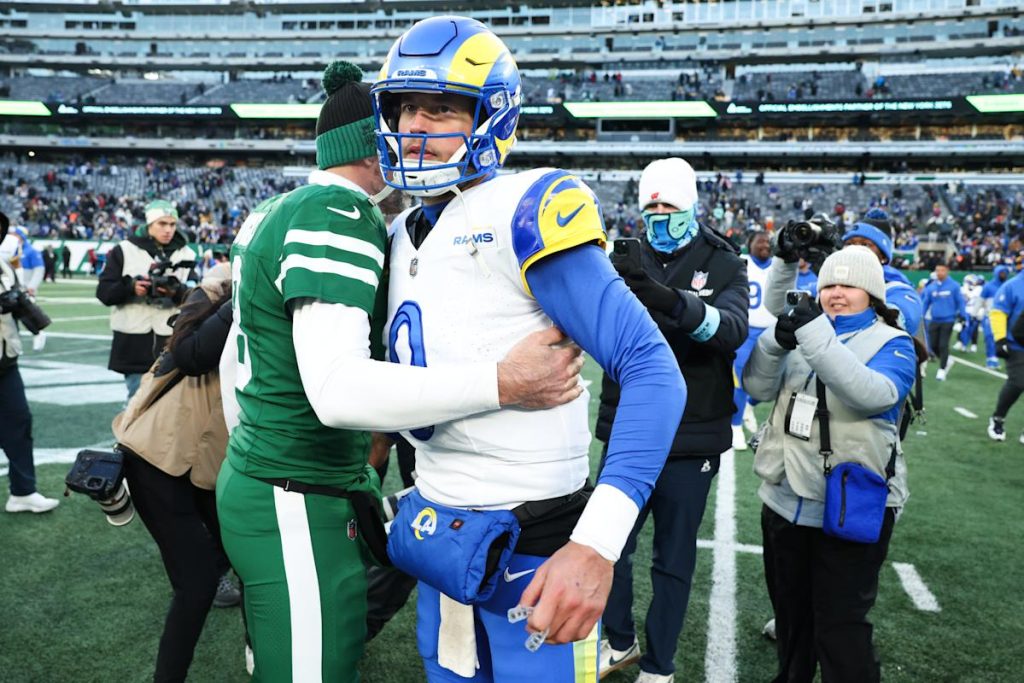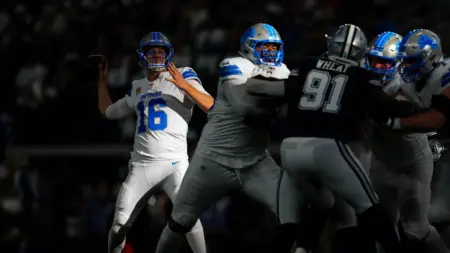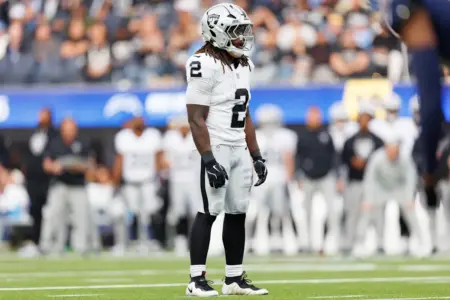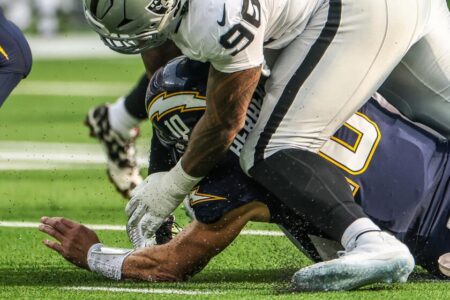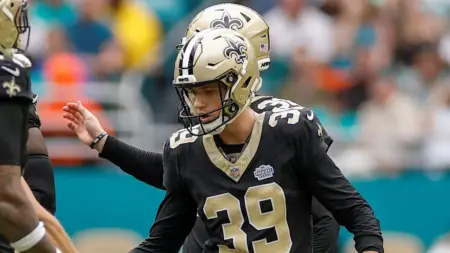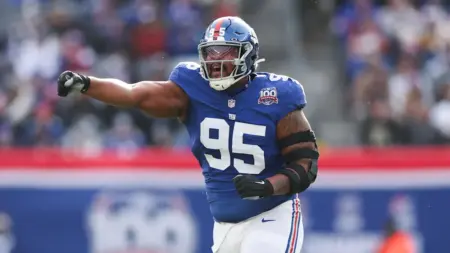The Decision: Stafford Stays with the Rams
Early Friday morning, as Los Angeles Rams quarterback Matthew Stafford was preparing for a meeting with head coach Sean McVay, a league source with significant interest in the offseason’s quarterback market offered a bold prediction and theory. The source believed that Stafford and the Rams would stay together for the 2025 season. They predicted that a financial middle ground would be found, and while Stafford would not say it publicly, the compromise would demonstrate that even elite players can learn from the mistakes of their peers. Stafford, the source noted, was acutely aware of the pitfalls that befell Aaron Rodgers, whose last years with the Green Bay Packers and subsequent tumultuous move to the New York Jets served as a cautionary tale. Stafford, who had faced similar questions about Rodgers during their late December 2024 matchup, took mental notes. By the end of the day, the Rams announced they had reached an agreement to keep Stafford in place for 2025, avoiding the risky path Rodgers was treading.
The Ripple Effect: Impact on the QB Market
Matthew Stafford’s decision to remain with the Rams sent ripples through the NFL’s quarterback market. This decision directly impacted several teams and players. For Aaron Rodgers, the loss of the Rams as a potential destination left him with fewer options, making the New York Giants a more likely landing spot. The Giants, seeking a veteran quarterback to stabilize their franchise in 2025, now found Rodgers a more viable candidate. Meanwhile, the Las Vegas Raiders and Pittsburgh Steelers, who had Stafford on their shortlist, now shifted their focus. The Raiders could consider Rodgers or even explore the rookie quarterback market, while the Steelers, who were already evaluating Russell Wilson and Justin Fields as potential starters, found their decision-making process more complicated. The Tennessee Titans, holding the No. 1 pick in the draft, also had to reconsider their options, potentially impacting the availability of highly sought-after rookies like Cam Ward and Shedeur Sanders. Stafford’s decision had far-reaching consequences, reshaping the dynamics of the quarterback market and influencing the strategies of multiple teams.
The Financial and Personal Factors
So, how did the Rams and Stafford come to an agreement? The situation bears a striking resemblance to the contract negotiations of San Francisco 49ers wide receiver Brandon Aiyuk last offseason. Aiyuk sought a market-level contract, and when the 49ers were initially unwilling, he asked for permission to explore trade options. The 49ers granted his request but kept the door open for his return. After Aiyuk saw the offers from other teams, he ultimately chose to stay in San Francisco, signing a market-level deal. Similarly, the Rams knew Stafford and his family were deeply rooted in Southern California, and a move to a new city would be a significant life change. The teams willing to offer Stafford the salary he desired could not match the young and talented roster McVay and general manager Les Snead had built in Los Angeles. The Rams had to consider whether the financial difference between their offer and those from other teams was worth the potential risk and disruption. In the end, the Rams kicked in more money, and Stafford chose to stay, recognizing the value of a stable and supportive environment over a potentially risky career gamble.
Considering the Alternatives
The Rams also had to consider their options without Stafford. Could a cut-rate Aaron Rodgers or a cheaper Jimmy Garoppolo provide 80 to 90 percent of Stafford’s performance? The Rams had to weigh the risks and potential impacts on the development of young talent like wideout Puka Nacua, who is poised to become one of the top receivers in the NFL. Changes at the quarterback position could have catastrophic consequences for a team that is close to being a Super Bowl contender. The Rams had to balance the financial savings with the potential long-term damage to their franchise. McVay, who had already seen the departure of qualifiers like Jared Goff, was keen to avoid another high-profile quarterback split. The decision to retain Stafford was a strategic move that protected the team’s future and sent a positive message about the Rams’ organizational maturity.
A Legacy Decision
For Matthew Stafford, the decision to stay with the Rams is about legacy. He has seen the other side of the fence, having spent the majority of his career with the Detroit Lions, where he learned the value of stability and the impact of a supportive organization. Stafford’s experience with the Lions taught him that not every franchise is created equal, and the Rams’ environment, with McVay and a talented young roster, was too valuable to walk away from. By staying in Los Angeles, Stafford ensures that he finishes his career on his terms, in a place where he has the best opportunity to win and leave a lasting legacy. Unlike Rodgers, who is taking a significant risk by joining the Jets, Stafford has chosen a path that avoids the potential pitfalls of a late-career gamble. This decision will be a study in what staying put looks like, offering a contrast to the uncertainty and risk often associated with high-stakes NFL moves.
Moving Forward: A Strategic Win for Both Sides
The Rams and Stafford’s decision to stay together in 2025 is a strategic win for both parties. For the Rams, it ensures continuity and stability, protecting their future and maintaining their status as a contender. For Stafford, it provides a chance to cap his career with a positive and successful final chapter. The way both sides handled the negotiations, without acrimony or public disputes, underscores the professional and mature approach the Rams have developed. This sets a positive example for the league and reinforces the Rams’ reputation as a top-tier organization. As the NFL enters the 2025 season, the decision to keep Stafford in Los Angeles will be remembered as a pivotal moment that shaped the futures of multiple teams and players, all while maintaining the integrity and professionalism of the sport.

